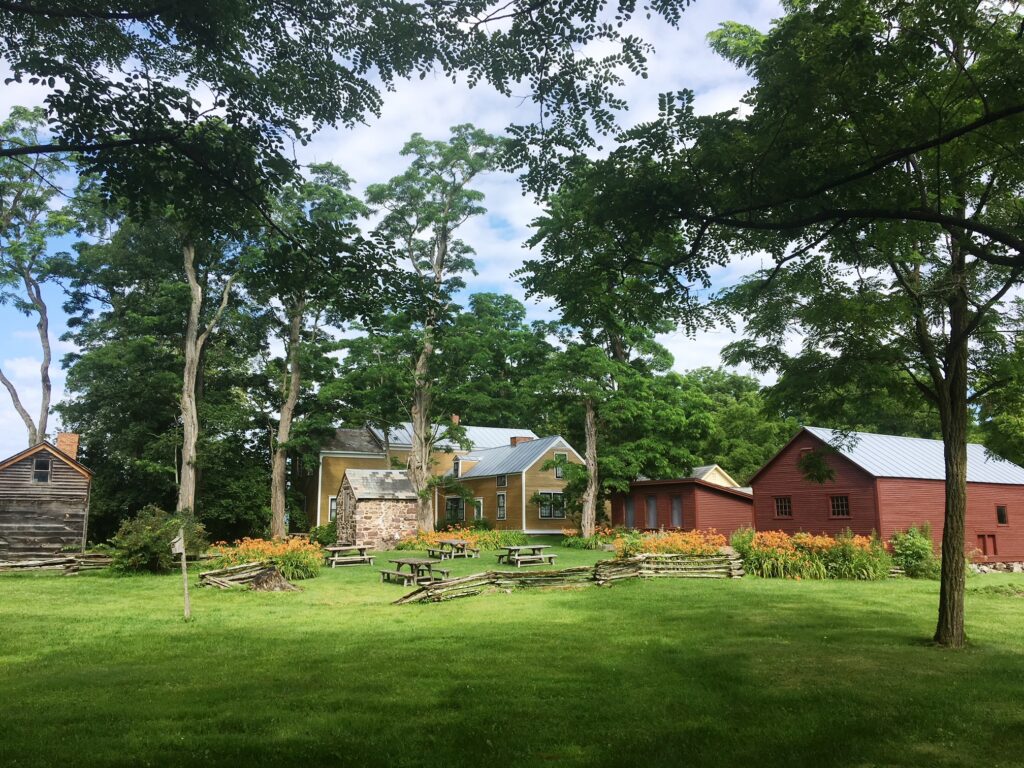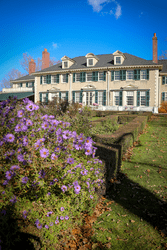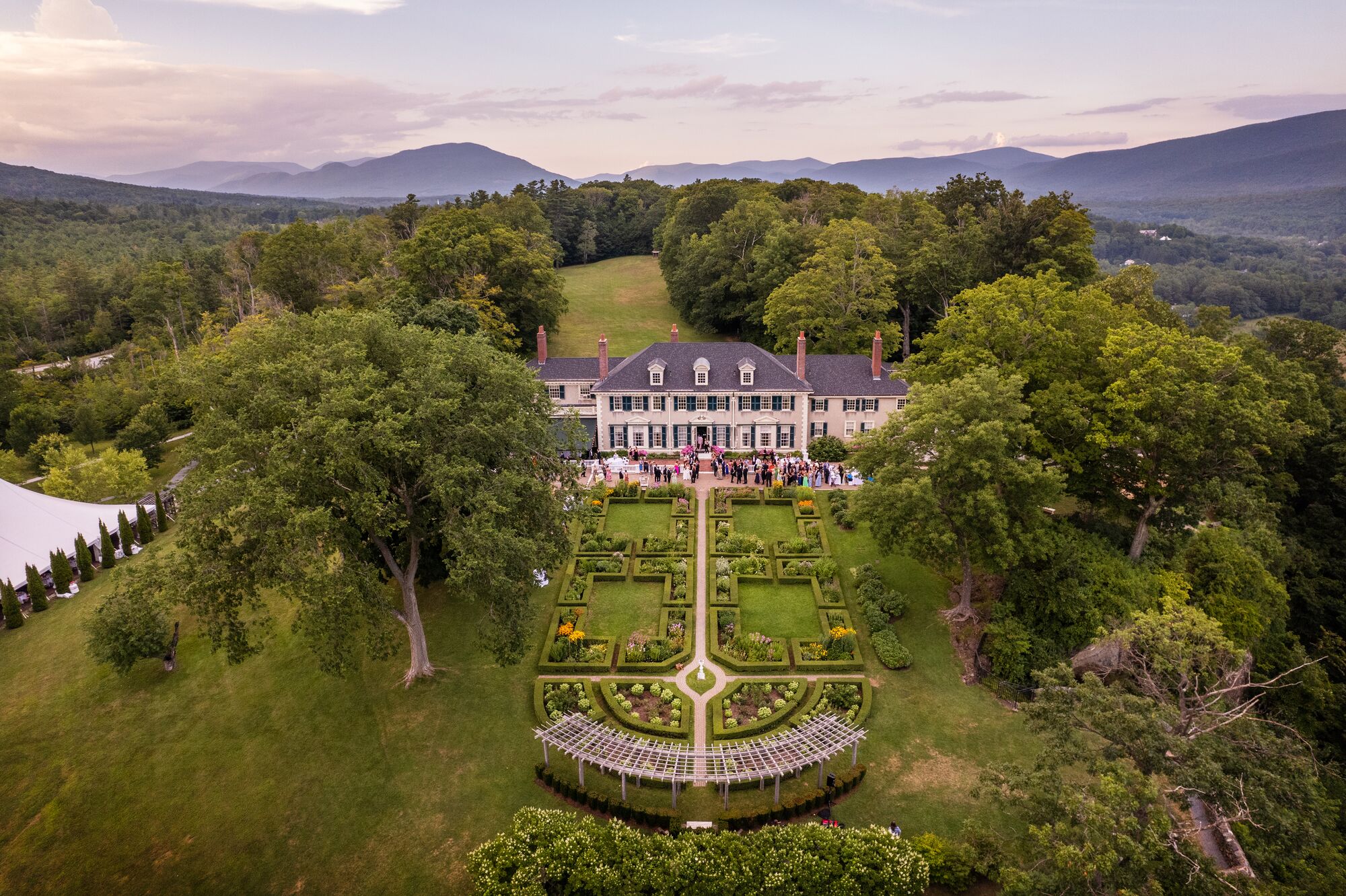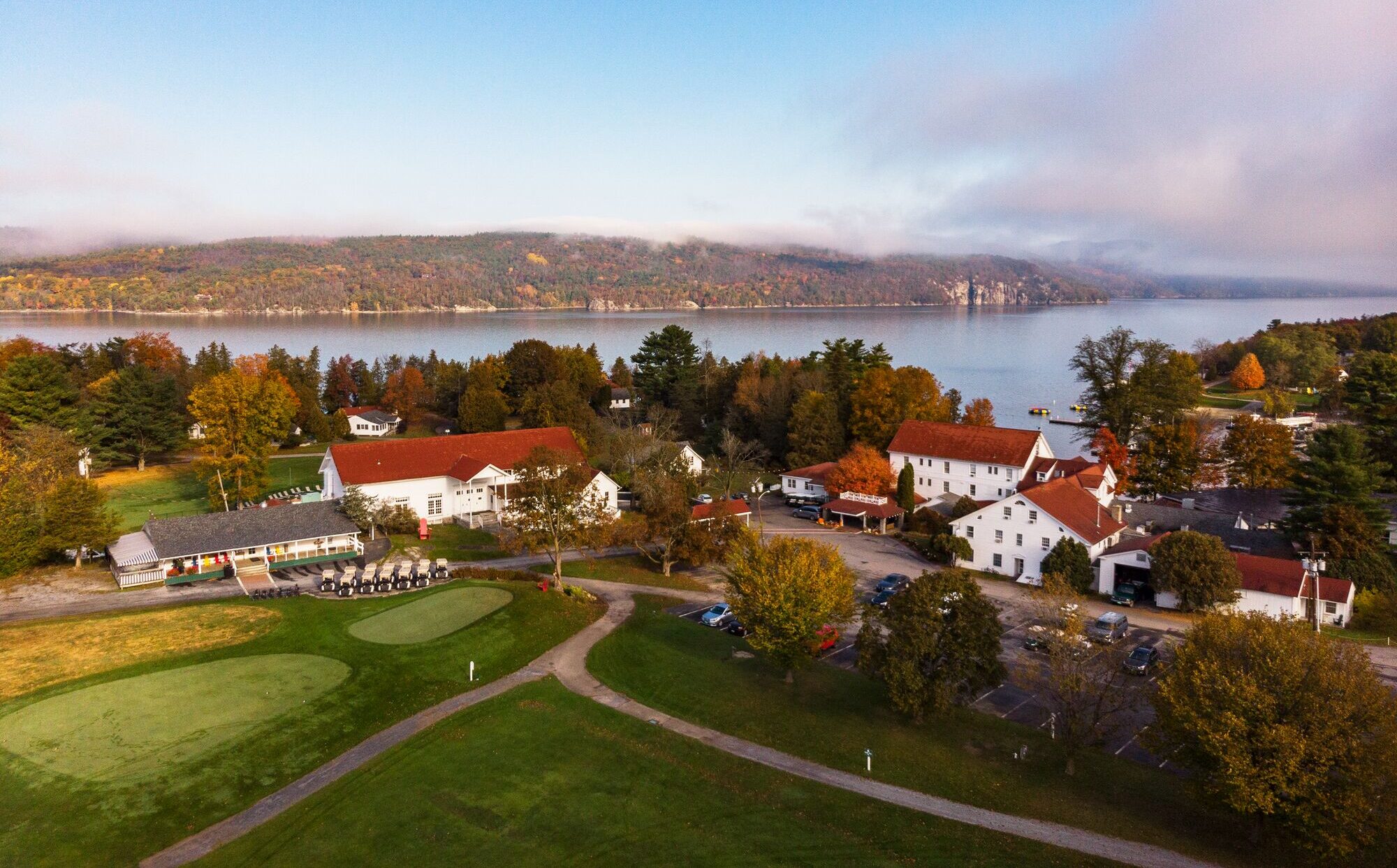African American Heritage Trail

History Along the Trail
African American Heritage Trail
Did you know the first Black person to get a college degree in the U.S. did so in Vermont? Or that you can visit a meticulously restored Pullman car and delve into the lives of Black train porters during the late 1800s and early 1900s? The Vermont African American Heritage Trail explores the stories of Black Vermonters at museums and cultural sites which feature exhibits, films, tours, and personal explorations.
African American Heritage Trail Sites
Sites along the Vermont African American Heritage Trail spotlight Vermont’s deep, lively Black history, from Underground Railroad and Civil War roots to the present day. Sites can be found statewide.
Rutland Sculpture Trail
This downtown sculpture trail showcases the work of local artists honoring Black Civil War soldiers, as well as America’s first Black college president, Martin Henry Freeman.
Read More about Rutland Sculpture TrailLearn MoreOld Constitution House
Known as the birthplace of Vermont, the Old Constitution House is the site where Vermont’s constitution was signed in 1777, the first to ban adult slavery in the nation.
Read More about Old Constitution HouseLearn MoreHildene, the Lincoln Family Home
1905 home of Robert Lincoln, son of Pres. Abraham Lincoln and president of the Pullman Palace Car Company. The provocative exhibit “Many Voices” features a restored 1903 Pullman car and highlights the story of black porters who played a significant role in the company’s success and the Civil Rights movement.
Read More about Hildene, the Lincoln Family HomeLearn MoreJourney’s End
The Turner Hill Interpretive Center at Journey’s End, along with the Grafton History Center and Birchdale Camp, tell the story of Alec Turner.
Read More about Journey’s EndLearn MoreRiver Street Cemetery and Marsh Billings Rockefeller Park
Visit the graves of eight Black Civil War veterans and take a self-guided tour of Woodstock’s Civil War and Abolitionist history.
Sen. Justin S. Morrill
Justin Smith Morrill was the longest-serving member of Congress for its first 160 years and his Strafford homestead was the first National Historic Landmark in Vermont. His 1890 Morrill Act prohibited racial discrimination for colleges receiving federal funds.
Read More about Sen. Justin S. MorrillLearn MoreOld Stone House Museum
This northern Vermont destination stewards the history of Alexander Twilight, the first Black person in the U.S. to get a college degree and Vermont’s first Black legislator.
Read More about Old Stone House MuseumLearn MoreWinooski United Methodist Church
Many Buffalo Soldiers called this their home church from 1909 to 1913.
Read More about Winooski United Methodist ChurchLearn MoreClemmons Family Farm
This family-owned farm, one of the largest Black-owned farms in Vermont, hosts events and holds space for stories of the African diaspora in Vermont.
Read More about Clemmons Family FarmLearn MoreRokeby Museum
Visitors can tour the home and farm of Quaker abolitionists Rowland and Rachel Robinson and the multimedia exhibit that introduces two fugitives from slavery who were sheltered at Rokeby in the 1830s.
Read More about Rokeby MuseumLearn MoreVermont Folklife Center
The folklife archive houses the Turner Family Collection, consisting of audio and video recordings, photographers, and histories that detail the life of Daisy Turner, the daughter of formerly enslaved people who settled in Grafton in 1873.
Read More about Vermont Folklife CenterLearn MoreMiddlebury College and the Town of Middlebury
Middlebury College was the first institution to grant an honorary degree and to graduate a Black man in 1856 and a Black woman in 1899. The town was also the site of the founding of the Vermont Anti-Slavery Society.
Read More about Middlebury College and the Town of MiddleburyLearn MoreBrandon Museum at the Stephen A. Douglas Birthplace
Stephen A. Douglas, candidate for US president versus Abraham Lincoln in 1860, was born here in 1813, raised amid the town’s early activities in the antislavery movement.
Read More about Brandon Museum at the Stephen A. Douglas BirthplaceLearn MoreHistory Surrounds You
Roadside Markers
Vermont’s Black history is found throughout the state, illuminated on roadside markers detailing important places and significant moments in history, and introducing you to the Black people who contributed to Vermont’s economy, history, and stories. Learn about Martin Henry Freeman, America’s first Black college president, a congressman from Vermont who filibustered the “gag rule,” banning discussion of slavery in the U.S. Congress, and more.
Vermont’s Constitution was the first in the nation to ban most forms of slavery, and in 2022, Vermont voters overwhelmingly approved a constitutional amendment making that language more explicit.

Rokeby Museum
Ferrisburgh’s Rokeby Museum is a stop along the African American Heritage Trail, exploring Vermont’s history on the Underground Railroad as enslaved people found their way to freedom.


Get the Brochure
A guide to Vermont’s African American Heritage Trail helps you navigate the trail across the state, whether you visit each stop or incorporate these significant sites into a larger visit.
Order or View Online about Get the Brochure


